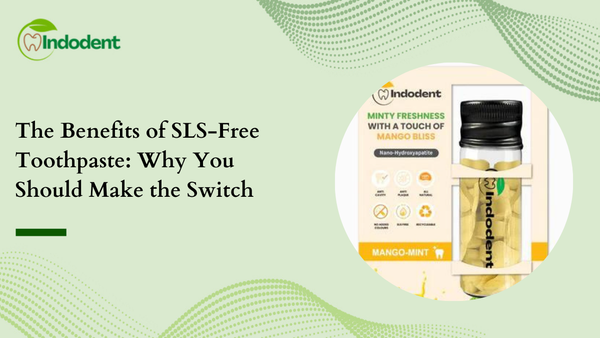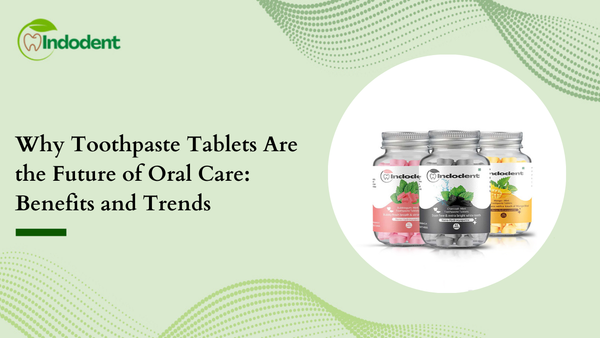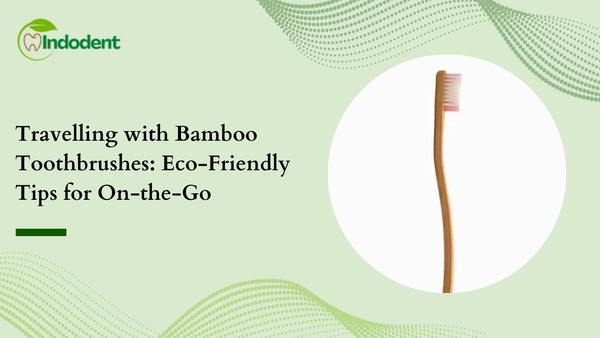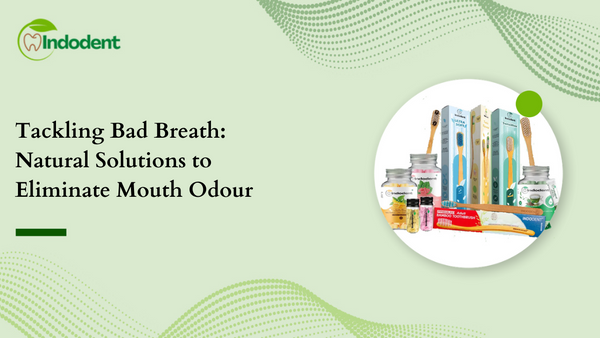
How Charcoal Toothpaste Compares to Traditional Toothpaste

As toothpaste technology advances, more sustainable and healthful choices are available. Charcoal toothpaste, particularly formulas containing activated charcoal, is becoming increasingly popular as an alternative to conventional toothpaste.
In today’s eco-conscious world, even choosing the right toothpaste impacts our dental health and our planet. This brings us to a topic in dental care: "Is charcoal toothpaste good for teeth?" Let's explore how charcoal toothpaste compares to traditional toothpaste to see which might be better for your teeth.

Is Charcoal Toothpaste Good for Teeth?
Although charcoal is well-known for its purifying properties and can be found in many health and cosmetic products, its application in dental care has grown significantly. “Is charcoal toothpaste good for teeth?” Charcoal toothpaste typically contains activated charcoal, which can remove surface stains on the teeth, making them appear whiter. However, it’s crucial to assess its effectiveness beyond just whitening.
Now, comparing charcoal toothpaste to traditional toothpaste raises several considerations:
Whitening Effectiveness: Charcoal toothpaste is known for its ability to remove surface stains, but unlike some traditional toothpaste that contain bleaching agents, it's not recommended for deep whitening.
Cavity Protection: Traditional toothpaste often contains synthetic chemicals that help fight tooth decay and strengthen tooth enamel. On the other hand, most charcoal toothpastes are eco-friendly, which leads to concerns about their effectiveness in preventing cavities.
Detoxifying Effect: Activated charcoal offers a detoxifying effect by binding to and removing bacteria and toxins from the mouth. However, it's important to note that charcoal is abrasive, and its benefits should be weighed against potential risks such as enamel wear.
Long-Term Effects: Activated charcoal's adsorptive nature might help reduce surface stains more effectively over time, contributing to a longer-lasting whiteness of the teeth. Some users also report reduced oral odor, as charcoal can bind to and remove bacteria and compounds responsible for bad breath.
Environmental Impact: The environmental impact of using charcoal in toothpaste is mixed. On the positive side, charcoal is a natural substance that can be sustainably sourced, especially from renewable materials like bamboo. This makes it a potentially more environmentally friendly alternative to synthetic chemicals in some traditional toothpaste. Consumers need to look for products that specify the source of their charcoal to ensure it aligns with eco-friendly practices.
Fresh Flavour: Whereas some traditional toothpaste contains artificial colours and flavours, charcoal toothpaste, is often formulated to be palatable and fresh. Many charcoal toothpaste are mint-flavoured to provide a clean, refreshing taste.
To Summarise
The question "Is charcoal toothpaste good for teeth?" depends on what you look for in oral care. If natural ingredients are your priorities, charcoal toothpaste can be a beneficial addition to your routine. Whether you choose charcoal or traditional, ensure you brush twice daily and keep up with regular dental check-ups. Ultimately, what counts is your smile.
If you're exploring eco-friendly options, Indodent offers sustainable oral care products that align with environmentally conscious values without compromising dental health. Visit the Indodent website for product information.




